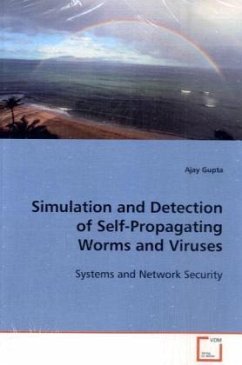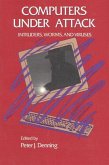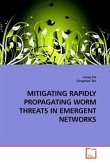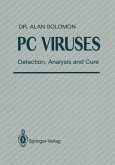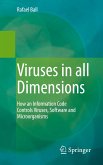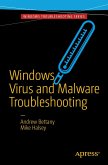Large-scale attacks generated by fast spreading
worms and viruses have emerged as a major threat to
the Internet. These worms are capable of infecting
and crippling substantial portions of the Internet
as well as the enterprise networks of large public
and private agencies in a very short time. This
dissertation work studies the behavior of such
viruses and examines the problem of their detection
and containment. It develops a simulation testbed to
study the propagation and threat potentials of self-
propagating viruses. Using the testbed, a new
approach is developed for detecting self-propagating
worms/viruses based on statistical anomaly
detection. The approach assumes that a key
characteristic of a worm/virus attack is an increase
in application based network traffic, which will
eventually overwhelm servers and clients. The
effectiveness of the detection approach has been
tested for email based viruses in an intranet
setting. The report concludes with results of
experiments using a novel approach for cleaning up
virus infections, based on the model of predators
in an ecosystem.
worms and viruses have emerged as a major threat to
the Internet. These worms are capable of infecting
and crippling substantial portions of the Internet
as well as the enterprise networks of large public
and private agencies in a very short time. This
dissertation work studies the behavior of such
viruses and examines the problem of their detection
and containment. It develops a simulation testbed to
study the propagation and threat potentials of self-
propagating viruses. Using the testbed, a new
approach is developed for detecting self-propagating
worms/viruses based on statistical anomaly
detection. The approach assumes that a key
characteristic of a worm/virus attack is an increase
in application based network traffic, which will
eventually overwhelm servers and clients. The
effectiveness of the detection approach has been
tested for email based viruses in an intranet
setting. The report concludes with results of
experiments using a novel approach for cleaning up
virus infections, based on the model of predators
in an ecosystem.

